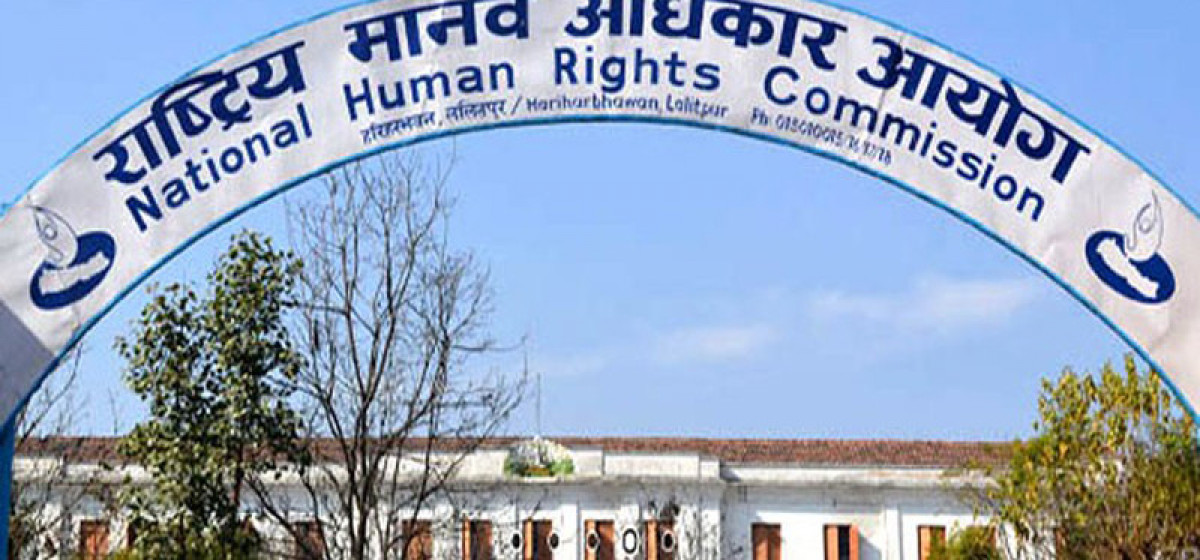In the text books on negotiation, the standard operating procedure dealing with hostage situations is a straight-forward refusal. One cannot be dictated by kidnapping, blackmailing and held on to a ransom. However, where human lives are involved, in a life and death situation, contingencies may demand a different approach.
When it comes to the hostage crisis, Israel has a track record of dispatching daredevil commandos in rescue operations. One such story is the rescue operation of the hijacked Air France AirBus A300 in 1976, involving Palestine terrorists. There are several movies and documentaries based on the story, one such Hollywood blockbusters is Raid on Entebbe.
In the aftermath of the October 7 attack, the Hamas militia mercilessly killed 1200 lives and took over 240 Israelis and non-Israeli citizens, including women and children, as hostages. Bipin Joshi, a lone Nepali intern student is also reported to be the one among the list of hostages.
These hostages are reported to be held inside the Gaza strip. Social media are full of posts that Hamas is ready to release hostages in exchange for 6,000 Palestines held as prisoners in Israel. There is also unconfirmed report of Hamas paying militants a booty of $10,000 plus a house per hostage captured during the October 7 invasion. Hamas is clearly aware of the high value carried by these hostages. In 2011, Netanyahu struck a deal to release more than 1,000 Palestinian prisoners in exchange for a single Israeli soldier. The released prisoners included current Hamas leader Yahya Sinwar, assumed to be the man behind the October 7 invasion.
Corruption and Moral Bases of Democracy

As a counter move to Hamas invasion, Israel declared a full-fledged war with two specific goals, namely, defeat Hamas and release hostages. With its military and technological superiority, Israel is definitely at a vantage point in achieving the first goal, however, there is no guarantee on the second goal. In fact, defeating Hamas may even lead to an end of the hostages. So far, four hostages, including two Americans, have been released on humanitarian grounds, one has been rescued and two others have been found dead.
There are limited solutions to daredevil commando rescue operations. First, no one is sure where the hostages are being held inside deep underground tunnels in Gaza. Hamas claims that a substantial number of hostages have been killed as a result of Israeli bombing. No one is even sure of how many hostages are being held.
The Israeli government is increasingly coming under pressure from the family members of the hostages demanding not to risk the lives of the hostages; and free them through negotiations and dialogues. The members are even pressuring the government “not to pursue proposed capital punishment for captured Palestinian militants, saying that even the talks of doing so might endanger the lives of the hostages”. Definitely, the Israeli government is in a difficult situation. There is a moral dilemma. If the hostages are killed by Hamas, the blame will be squarely put on the Israeli government.
When the media pointed out that the two goals of the war are contradictory to each other, the Israel government responded that the achievement of the first goal is expected to achieve the second one. Hamas is reported to have demanded a ceasefire as the precondition for releasing hostages. Israel is not even ceding to an international call for “humanitarian pause”, forget about ceasefire or a truce. Sounds like the goal of releasing hostages has been reduced to a subsidiary level.
By the night of November 21, the Israeli government finally approved a ceasefire for four days in lieu of releasing at least 50 hostages by Hamas. The hostages will include women and children. Israel too will release 150-300 Palestinian prisoners, mostly women and children. Yet the ceasefire agreement also included a provision to extend an additional day of respite for release of every 10 additional abductees. The deal also includes an agreement by Israel to allow around 300 aid trucks per day to enter Gaza from Egypt plus additional fuel.
Hopefully, by Thursday (November 23) the agreement will be enforced.
A 24-hour waiting period is allowed so that Israeli citizens can ask the Supreme Court to block the deal.
Many believe the release of some hostages could provide a window of opportunity to end the ongoing war and start peacemaking and peacekeeping deals. With a provision to allow aid delivery trucks, complete halting of air traffic in the South Gaza together with a possibility to extend ceasefire by a day for the release of every ten hostages even after the expiry of the four days mean there are chances of ending the war and Palestine sufferings.
Once the war comes to an end, there is another glitch. Netanyahu’s government too will come to an end. This is the single factor in Netanyahu taking a tough stand on ceasefire and entering a peace deal with Hamas. This must be the reason why a lone protester in Tel Aviv could be seen holding a sartorial poster with a message: Exchange Bibi for hostages.



































